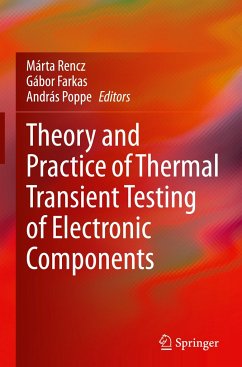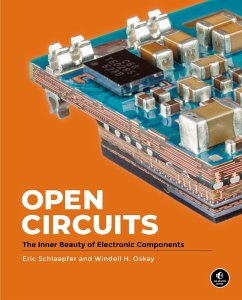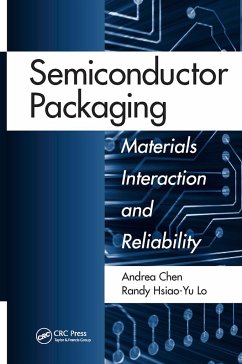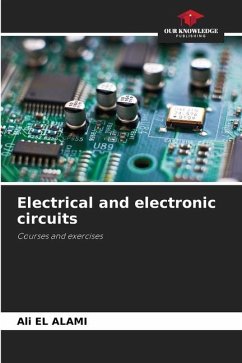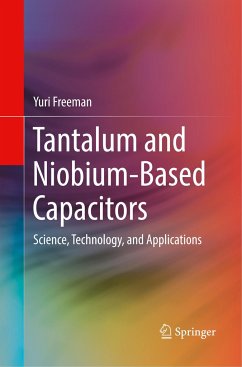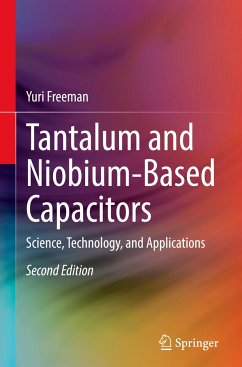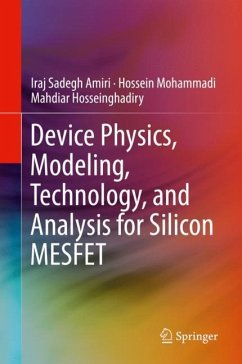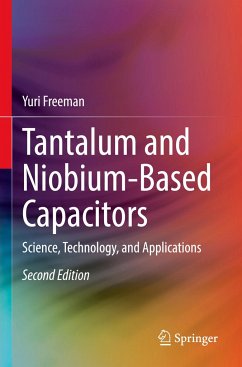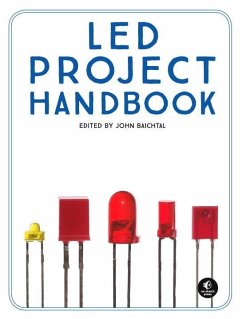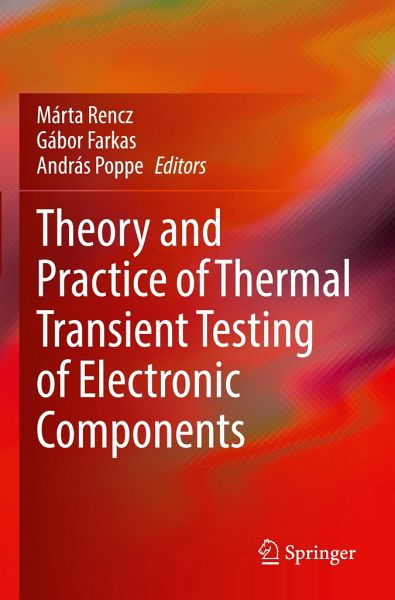
Theory and Practice of Thermal Transient Testing of Electronic Components
Versandkostenfrei!
Versandfertig in 6-10 Tagen
65,99 €
inkl. MwSt.

PAYBACK Punkte
33 °P sammeln!
This book discusses the significant aspects of thermal transient testing, the most important method of thermal characterization of electronics available today. The book presents the theoretical background of creating structure functions from the measured results with mathematical details. It then shows how the method can be used for thermal qualification, structure integrity testing, determining material parameters, and calibrating simulation models. General practical questions about measurements are discussed to help beginners carry out thermal transient testing. The particular problems and t...
This book discusses the significant aspects of thermal transient testing, the most important method of thermal characterization of electronics available today. The book presents the theoretical background of creating structure functions from the measured results with mathematical details. It then shows how the method can be used for thermal qualification, structure integrity testing, determining material parameters, and calibrating simulation models. General practical questions about measurements are discussed to help beginners carry out thermal transient testing. The particular problems and tricks of measuring with various electronic components, such as Si diodes, bipolar transistors, MOS transistors, IGBT devices, resistors, capacitors, wide bandgap materials, and LEDs, are covered in detail with the help of various use cases. This hands-on book will enable readers to accomplish thermal transient testing on any new type of electronics and provides the theoretical details needed tounderstand the opportunities and limitations offered by the methodology. The book will be an invaluable reference for practicing engineers, students, and researchers.



